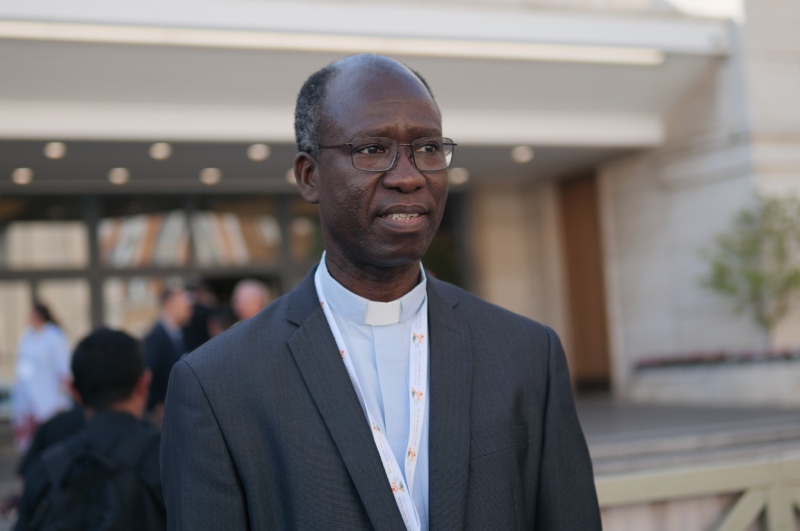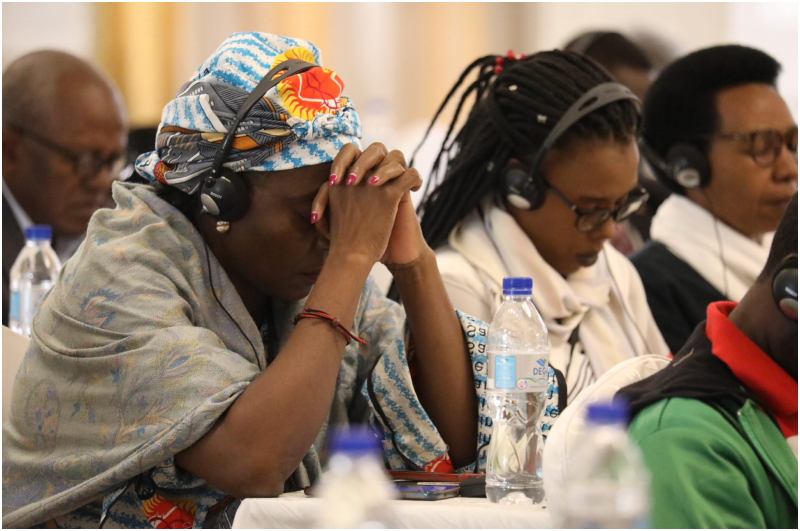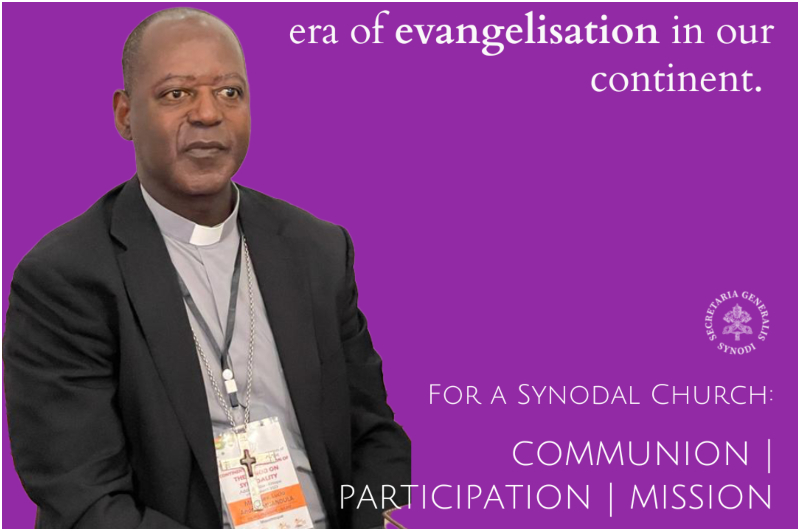

In an illuminating interview with Jesuits Global - Rome, Fr. Agbonkhianmeghe E. Orobator, SJ, Dean of the Jesuit School of Theology at Santa Clara University, shared his insights on the just concluded synodal process within the Church—a process he likens to remodeling an existing structure.
He argues this transformation aims to make the Church more attuned to the realities of contemporary life and closer to the vision that God intends. Through a synodal process that emphasizes listening, dialogue, and collaboration, Fr. Orobator envisions a Church that better embodies compassion, humility, and inclusiveness.
Remodeling the Church: A Collective Effort
Fr. Orobator describes the Church as a structure undergoing remodeling, with various participants bringing unique gifts and skills to the project. This process involves “architects,” “masons,” and others—symbols of diverse voices and talents within the Church—all working together to shape something both familiar and new. “What comes out of this process,” he says, “is something that will be different, not necessarily new, but different.” This remodeled Church, in his view, will be more responsive to the needs of its people, fostering a community that listens to its members and empowers them to use their gifts in service of the faith.
Synodality in Africa: Unity in Diversity
When discussing the Church in Africa, Fr. Orobator highlights the continent’s dynamic diversity. “The African Church is not a homogeneous entity,” he points out, emphasizing that while there are regional differences, the Church across Africa is experiencing growth in membership and relevance. However, African communities also face significant challenges, including economic hardships, political instability, violence, and crises. Fr. Orobator believes synodality calls the Church to address these issues with compassion, responding to the unique needs of local communities in Africa and fostering a spirit of solidarity.
A Listening Church: Humility and Vulnerability
For Fr. Orobator, a critical element of synodality is becoming a listening Church—a Church that humbly acknowledges its own mistakes and shortcomings. Listening, he argues, requires humility and vulnerability, recognizing that the Church is “a fragile community” where people have sometimes been hurt and hurt others. He views the recent penitential moment at the Synod as a significant step in this direction, demonstrating the Church’s commitment to listening with humility. By embracing this penitential spirit, he envisions a Church that is open to change, learning from its past to build a more compassionate and inclusive future.
Beyond the Synod: Ongoing Dialogue and Transformation
Fr. Orobator sees the Synod as just one step in a longer journey of transformation. “It takes more than one synod,” he says, to address the Church’s many complex issues. Beyond the Synod, he advocates for continued dialogue that includes theologians, practitioners, and everyday parishioners. Topics he anticipates will shape future discussions include the nature of ministry, the role of women in the Church, the inclusion of young people, and decision-making within the Church. Fr. Orobator envisions a Church that values diverse voices and encourages open discussion on these important issues.
Building a “Big Tent”: Space for All Voices
Fr. Orobator believes that synodality calls the Church to create a “big tent” where all voices are heard, where debate is welcomed, and where decisions are made with consideration of diverse perspectives. This openness, he argues, should be guided by the gospel values of Jesus Christ, creating a Church that is both inclusive and faithful to its spiritual roots. Through this synodal transformation, Fr. Orobator sees the Church becoming a more vibrant and mission-oriented community, able to respond with compassion to the challenges of the modern world.
As Fr. Orobator describes it, the synodal process is about fostering a Church that listens, learns, and acts with humility. It’s a vision of a remodeled Church—one that honors its past while boldly engaging with the present, creating space for all people to bring their gifts to the service of faith. This synodal journey may be challenging, but it holds the promise of a Church that truly embodies the compassion and inclusiveness it seeks to inspire in the world.
Watch the interview below!
Related Articles
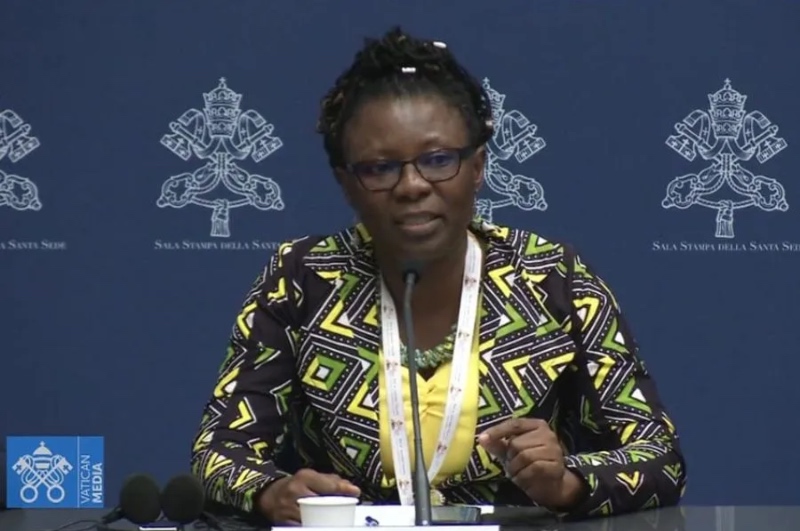

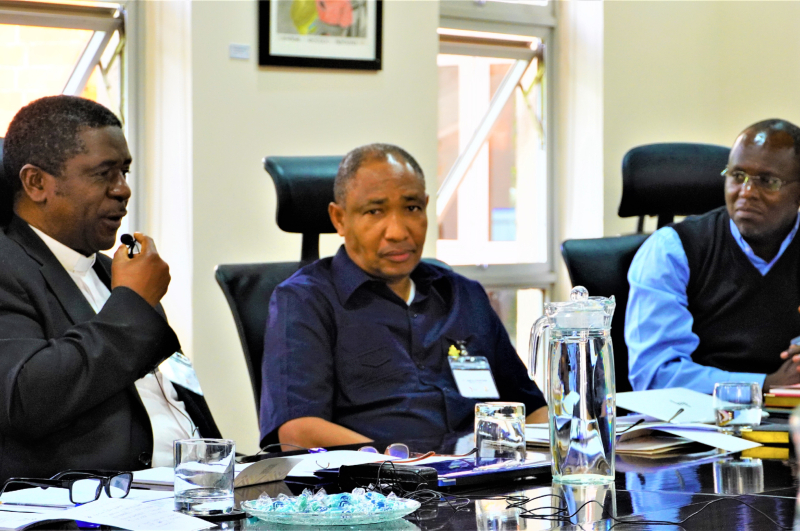
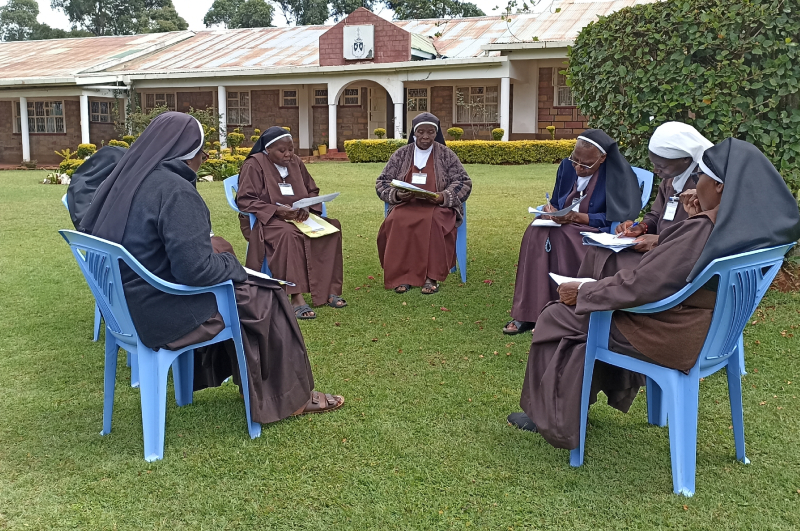

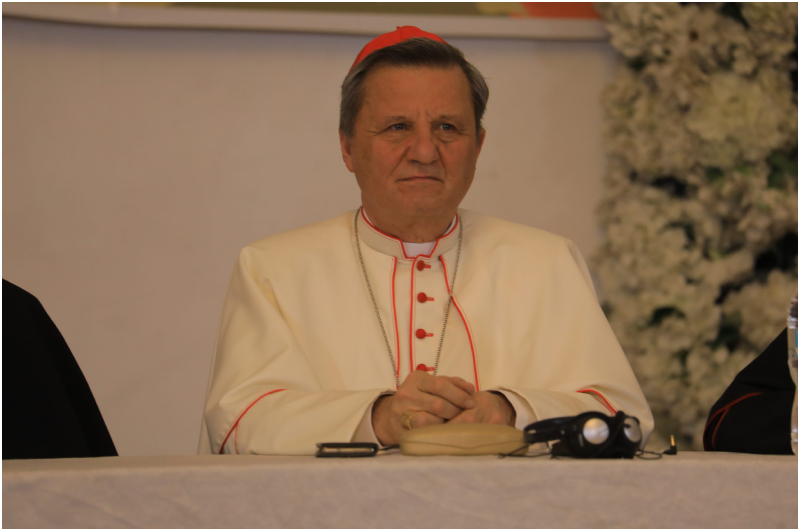
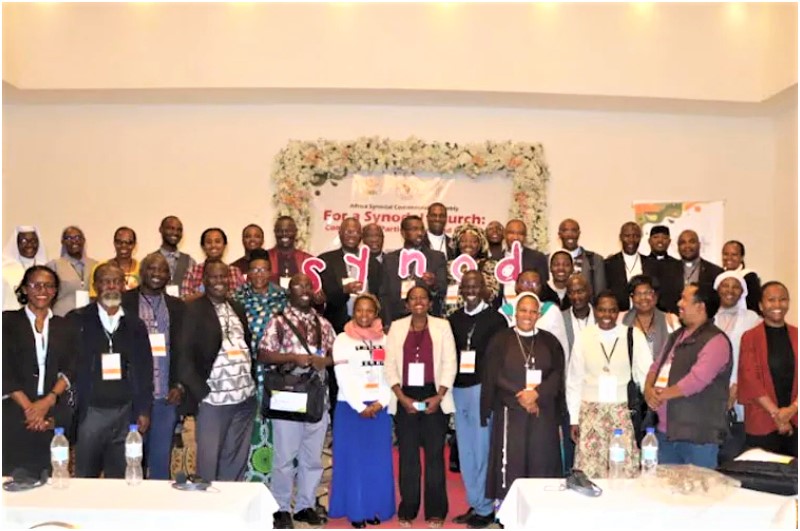
Select Payment Method
Pay by bank transfer
If you wish to make a donation by direct bank transfer please contact Fr Paul Hamill SJ treasurer@jesuits.africa. Fr Paul will get in touch with you about the best method of transfer for you and share account details with you. Donations can be one-off gifts or of any frequency; for example, you might wish to become a regular monthly donor of small amounts; that sort of reliable income can allow for very welcome forward planning in the development of the Society’s works in Africa and Madagascar.
Often it is easier to send a donation to an office within your own country and Fr Paul can advise on how that might be done. In some countries this kind of giving can also be recognised for tax relief and the necessary receipts will be issued.



